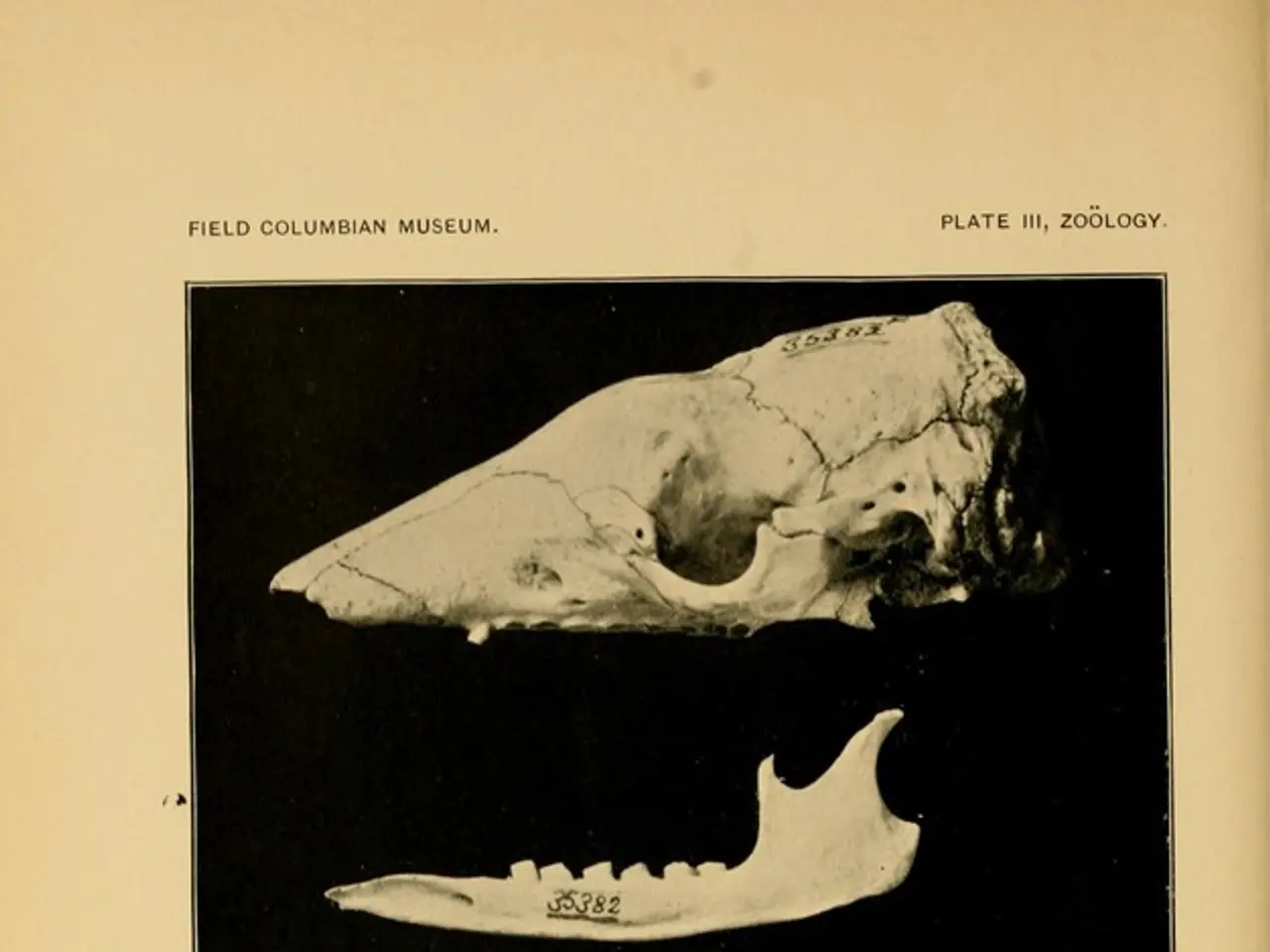Improved Brain Health: Adopting Mediterranean Diet and Regular Exercise May Offer Protection
Researchers from Australia, New Zealand, and the United Kingdom are delving into the combined influence of the Mediterranean diet and regular walking on dementia and cognitive decline, in a study set to wrap up next year. Dubbed the "MedWalk intervention," this investigation aims to evaluate whether this lifestyle combination reduces the risk of cognitive impairments, including Alzheimer's disease.
Due to COVID-19-related disruptions, the original 2-year follow-up period has been shortened to a year, with researchers broadening the participant pool. The study is currently underway, and findings will be available by the end of 2023.
Previous research has highlighted the link between both the Mediterranean diet and walking and improved brain health. By assessing the combined effect of these factors, the MedWalk project seeks to confirm and amplify the benefits observed independently. The Journal of Alzheimer's Disease has published updates on the study's processes and ongoing analysis.
Participants in the study range in age from 60 to 90 and are split into two groups: MedWalk intervention and control (maintaining usual diet and activity levels). The MedWalk intervention includes both diet modification and a supervised walking regimen fortified with psychosocial support systems. This support lasts for the first six months, with additional assistance available for the remaining period to help participants adhere to the program.
The primary focus of the study is the 12-month change in visual memory and learning abilities among participants. Furthermore, researchers are keen to observe the effects of the MedWalk intervention on various factors, including mood, quality of life, health costs, cardiovascular health, arterial stiffness, and specific biomarkers associated with cognitive decline, such as glucose regulation, inflammation, nutrients, and oxidative stress.
A nutritionist specializing in the Mediterranean diet, Conner Middelmann, draws attention to prior research finding an association between adhering to a Mediterranean diet and reduced dementia cases. Additionally, studies have pointed to a Mediterranean diet's benefits for Alzheimer's disease prevention. Middelmann emphasizes that while this evidence indicates a link between the Mediterranean diet and a lower risk of dementia, other factors — including genetics, lifestyle, and overall health — can impact dementia risk.
Walking regularly is also associated with slower cognitive decline. A study found that taking 10,000 steps a day could lower the risk of dementia by 50%. Brain health coach Ryan Glatt explains that the walking itself may improve brain health by increasing blood flow, stimulating brain activity, reducing stress, and offering social and natural interaction opportunities.
In conclusion, the MedWalk intervention study seeks to build upon existing research pertaining to the Mediterranean diet and walking's benefits on cognitive health. By assessing the combined effect, researchers hope to strengthen the evidence for the extra protective benefits of this lifestyle approach to brain health and dementia prevention. Findings from the study are expected by the end of 2023.
- The MedWalk intervention, a joint study by researchers from Australia, New Zealand, and the United Kingdom, investigates the combined influence of the Mediterranean diet and regular walking on dementia and cognitive decline.
- The project, set to conclude next year, aims to determine if the lifestyle combination reduces the risk of cognitive impairments, including Alzheimer's disease.
- Participants in the study, aged between 60 and 90, are divided into two groups: the MedWalk intervention group and a control group maintaining usual diet and activity levels.
- The MedWalk intervention includes diet modification, a supervised walking regimen, and psychosocial support systems for the first six months, with additional assistance available for the remainder of the study.
- The primary focus is the 12-month change in visual memory and learning abilities among participants, with researchers also observing the effects on mood, quality of life, health costs, cardiovascular health, arterial stiffness, and specific biomarkers associated with cognitive decline.
- Previous research has linked the Mediterranean diet to reduced dementia cases and shown potential benefits for Alzheimer's disease prevention. Regular walking is also associated with slower cognitive decline, with studies suggesting that taking 10,000 steps a day could lower dementia risk by 50%.







